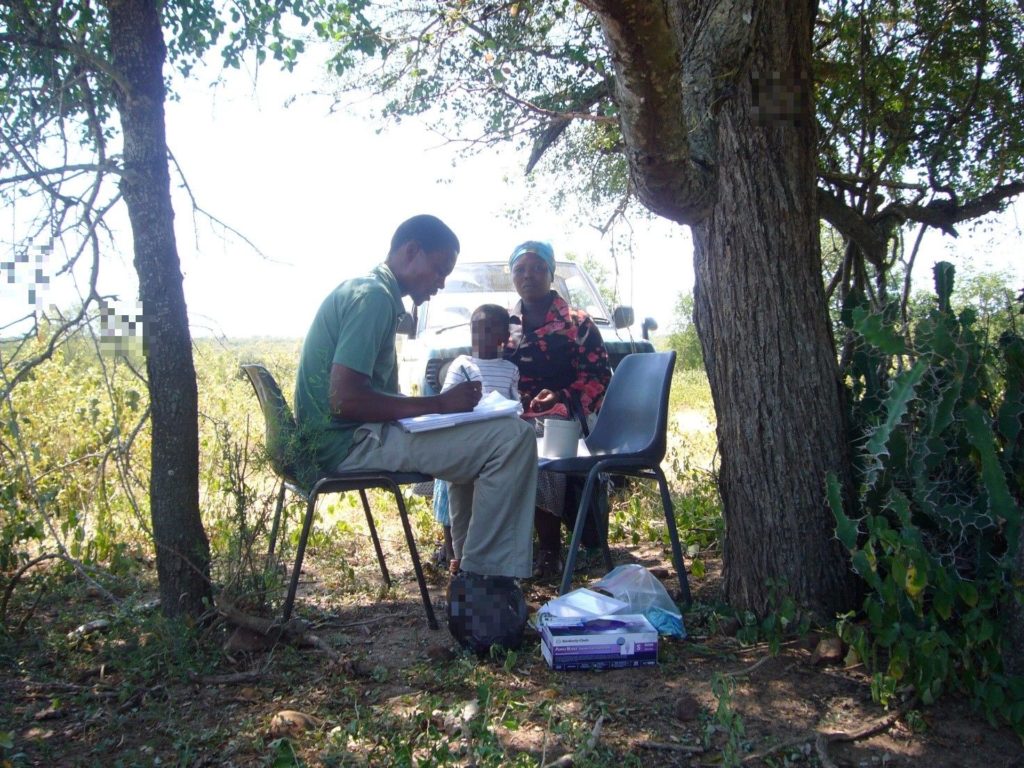A friend has recently completed her PhD on the expression of charism in a lay-led Jesuit social services organisation. She used the image of a tree, where the health of the roots directly affects the health of the branches and leaves, to illustrate how the understanding and expression of charism impacts the experience of the organisation, both for staff and the community it serves.
The thesis identifies love as the foundational element of the Ignatian tradition. Love is likened to the taproot of the tree, with all other roots branching from this main root. The word ‘Magis’ is used to represent the understanding that we are called to be part of God’s loving action in the world. Magis is a latin word meaning more or greater, and is drawn from the motto of the Society of Jesus, “for the greater glory of God”.

Love is also the foundational element of Cabrinian charism. We know Mother Cabrini’s profound, personal relationship with Jesus Christ was the motivating force for her life. It was at the heart of her prayer life, motivated her missionary activity and was instilled in the Institute in her ‘Education of the Heart’ philosophy. Those of us who have worked (and are working) alongside the Cabrini Sisters have witnessed this same love expressed in our contemporary role models.
Like the Ignatian tradition, ours is a missionary charism where love impels action. Whilst the term ‘Magis’ may not be as well-known to us, some of its characteristics are familiar: a wholehearted desire for love and service; seeking the greater good; choosing the more loving option.
Magis requires discernment, which is described in the thesis as an ongoing dynamic that permeates all activity, fostering our capacity to be free and available to live our Purpose. It involves making an honest appraisal of reality, reading the signs of the times and undertaking a rigorous analysis of the situation. Again, there are clear echos here of our Cabrini heritage and tradition.
Towards the end of the thesis, my friend draws the conclusion that the essential nature of organisational identity is both entity and flow. That is, organisations have entity status and are also in an ongoing process of being enacted. Authentic expression requires coherence between the foundational elements and the practices, processes and people who give expression to it in the daily life of the organisation. Healthy roots enable healthy branches and leaves. Equally, the leaves and branches provide nutrients that maintain and sustain the health of the roots.
We are on a formation journey together, learning with and from one another, discovering connections between personal meaning and organisational purpose. In her journal, Mother Cabrini implored: “Lord, let this Institute perish rather than allow your Spirit in it to weaken.” Ongoing formation will help us to articulate, integrate and implement the distinctive elements of our heritage soour ministry flourishes now and into the future.
Cath Garner
Chair, International Health Commission

